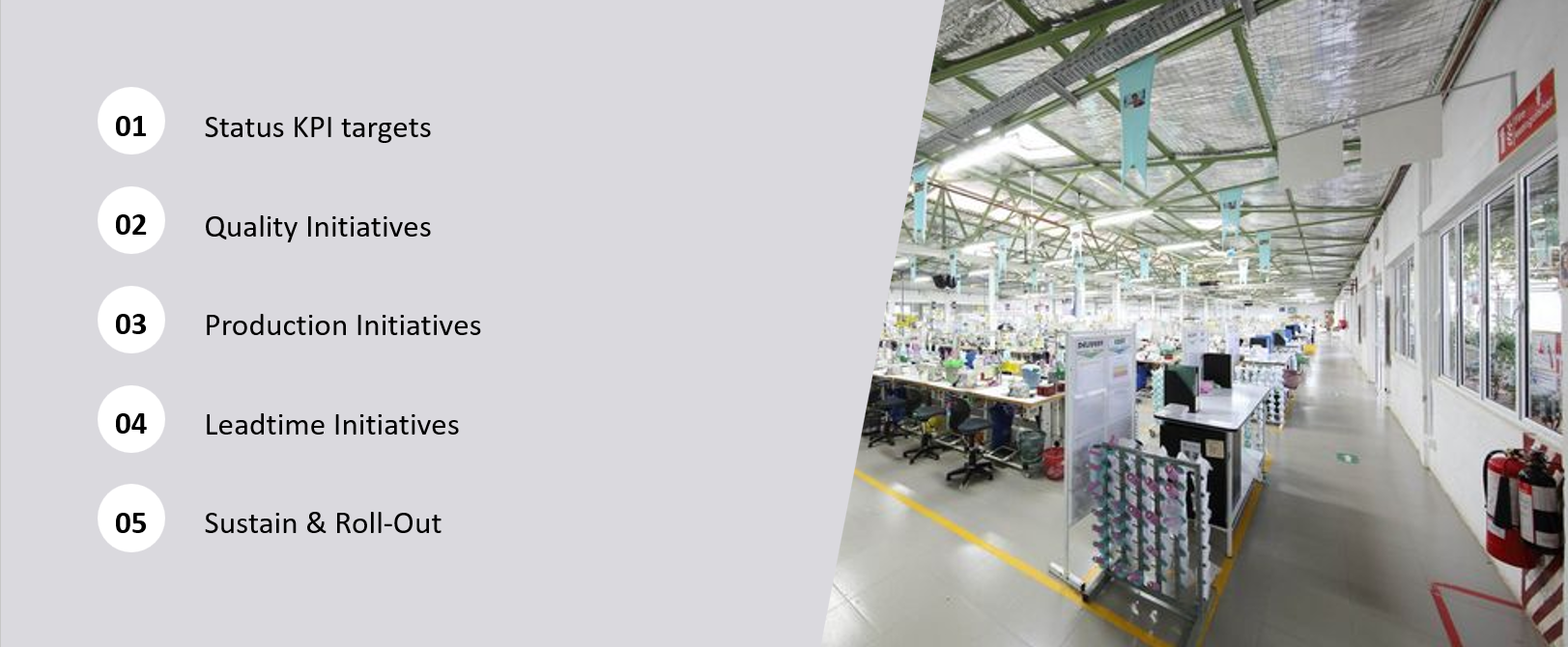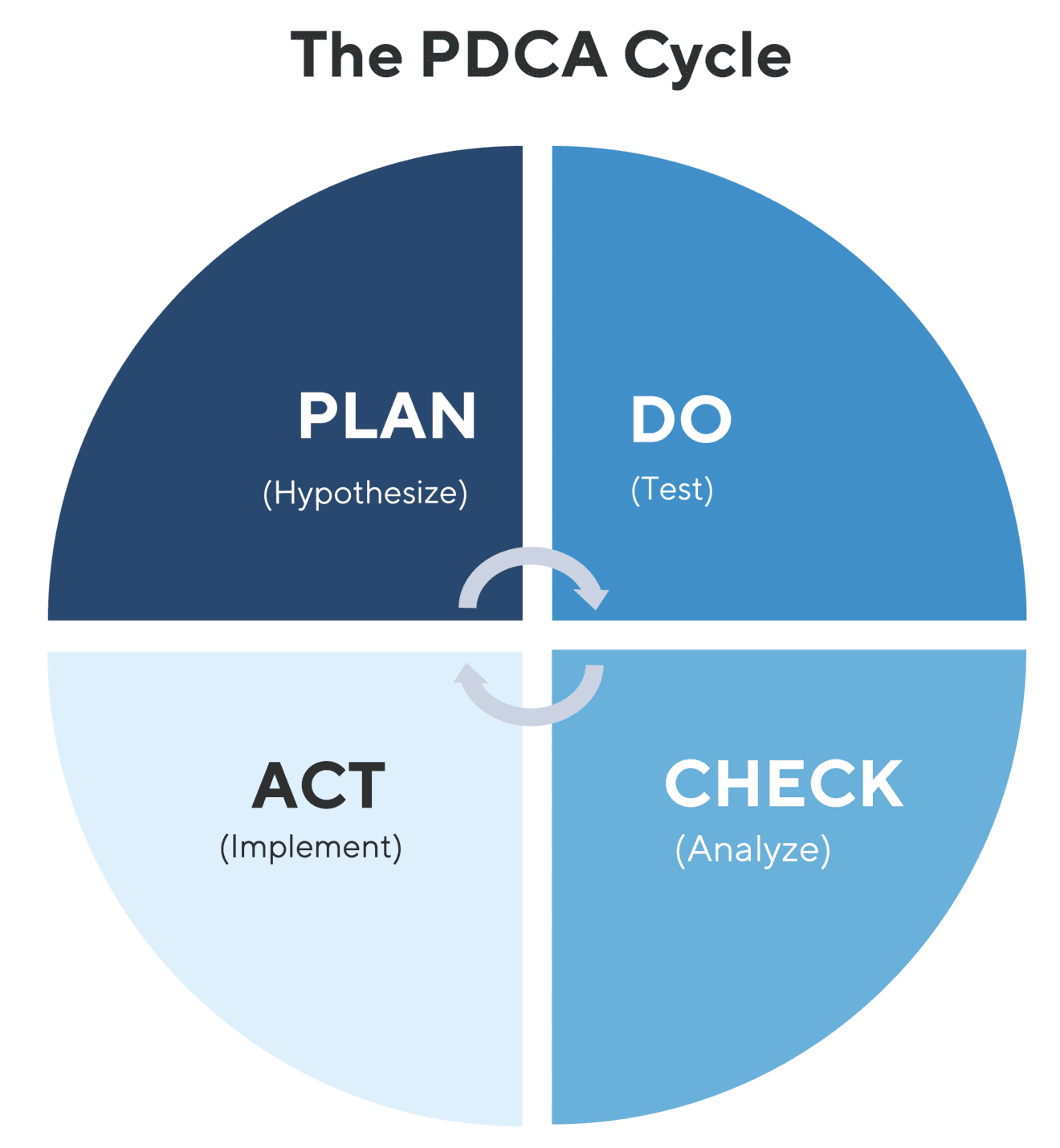
People Development
Empowering the Workforce for Organizational Success
People are the backbone of any successful business. At Vistra Consultancies, we specialize in developing leadership, enhancing communication, and strengthening workforce capabilities. Our training programs focus on middle management, ensuring they have the skills and confidence to bridge the gap between executive leadership and frontline employees.
Key Objectives:
- Essential Soft Skills Training – Enhancing leadership, teamwork, emotional intelligence, and communication.
- Performance Coaching – Equipping employees with goal-setting, problem-solving, and self-motivation techniques.
- Change Management Training – Preparing teams to adapt to new business models, industry shifts and bring agility to business.
- Time & Productivity Management – Helping employees optimize their workflow and maximize efficiency.
By strengthening employee capabilities, we help businesses foster a high-performance culture that drives productivity and innovation. “Vistra consultancies” has developed two key programs to meet above objectives successfully, which are in par with international standards.
Essential Soft Skills to Empower Hard Skills
Combining soft skills with practical hard skills can significantly enhance overall performance and effectiveness in the workplace. Hence, we have developed this program with many real-life experiences, visuals to develop soft skills of the middle management, which will surely give a very interesting learning experience to participants.
While hard skills are measurable and technical, soft skills define how effectively individuals apply their expertise in real-world settings. This program integrates soft skills with practical applications to enhance performance in cooperate working environment.
Program Structure:
The course includes 12 modules, each designed to build interpersonal and leadership skills through:
- Printed Notes & Video Presentations
- PowerPoint Slides & Role Modeling
- Interactive Discussions to share real life experiences
- Questionnaires and additional reading materials
Key Learning Modules:
- Self-Awareness & Emotional Intelligence
- Communication & Assertiveness
- Time Management & Critical Thinking
- Planning & agility
- Art of selling & effective meetings
- Collaboration, Teamwork & Professional Conduct
There will be 12 sessions, each will take 4 to 5 hours, having 15 minutes break in the middle. It’s preferred to have weekly sessions, which will help participants to manage time efficiently with their other core work streams.
This program is specifically designed for middle managers and management trainees, equipping them with essential soft skills that complement their technical expertise.
Why for them?
Focusing on middle management is a strategic approach, as they play a crucial role in bridging the gap between upper management and frontline employees in a cooperative working environment.
The Role of Middle Management
- Connecting Leadership: Middle managers act as a vital link between the strategic vision of upper management and the operational execution by frontline employees. They ensure that the company’s goals and strategies are effectively communicated and implemented.
- Employee Development: Middle managers are often directly responsible for the development and performance of their teams. They provide coaching, mentorship, and support to help employees grow and succeed in their roles.
- Change Management: Positioned between different layers of the organization, middle managers are well-placed to identify and solve problems. They can address issues before they are escalated and find practical solutions which aligned with both strategic goals and operational realities.
- Building Relationships: Middle managers foster a positive company culture by building strong relationships within their teams and cross-functional departments. This helps to create a collaborative and supportive working environment and culture.
The management trainees, of course future managers.
We, as an experienced consultancy team, observed that many leading organizations love to have an excellent team of management trainees in their workforce, which will certainly add new blood to the organization with a lot of innovative ideas and diversity. Candidates who successfully completed their degree with a higher class would be mostly selected. So, they are embedded in excellent hard skills.
So, why don’t they often retain or reach organizational goals?
Despite their strong educational background and technical expertise, many management trainees fail to retain their positions or achieve organizational goals due to a lack of essential soft skills. These skills are crucial for effective leadership and team collaboration, which are necessary for bridging the gap between hard skills and successful management.
What will they get at the end of this program?
There will be a range of valuable benefits and takeaways from successful completion of “Essential soft skills to empower hard skills” program.
- Enhanced Communication Skills: Improved ability to convey ideas clearly and listen effectively.
- Increased Emotional Intelligence: Better understanding of their own emotions and those of others, which leads to more effective interactions.
- Improved Teamwork: Enhanced collaboration skills and the ability to work well in diverse teams
- Leadership Development: Strengthened leadership abilities, including conflict resolution and decision-making skills.
- Boosted Confidence: Increased self-assurance in personal and professional settings.
- Networking Opportunities: Connections with other participants and facilitators that can be valuable for career growth.
- Practical Tools and Strategies: Access to frameworks, techniques, and best practices that can be applied in real-world scenarios.
- Certificates of Completion: Recognition of the skills acquired and completion of the program.
Essential Capabilities to Execute
Leaders in any organization often face capability gaps that hinder execution. Essential Capabilities to Execute is a structured program designed to develop key execution skills, equipping employees with the tools needed to drive large-scale transformation. This suite of programs focuses on leadership development, communication, problem-solving, and performance enhancement.
What do we do?
- Execution Essentials: Equip employees with the necessary tools, skills, and shared language to enhance execution in large-scale change initiatives.
- Performance Lift: Jumpstart the transformation process by empowering leaders with the mindsets and skills needed to achieve their performance goals.
- Organizational Health: Educate employees on the fundamental concepts of organizational health, such as alignment, excellence in execution, and renewal, and how to foster supportive behaviors.
Learning objectives
Understand and deploy key execution skills that underpin high performance, including driving to action, risk mitigation, prioritization, and structured problem solving, among other topics.
What are the key areas to be covered?
- “Strengthen your impact” - Which means to concentrate your efforts, resources, and energy on areas where you can make the most significant difference. It's about prioritizing tasks, projects, or initiatives that will have the greatest positive effect, rather than spreading yourself too thin across many areas. By focusing your impact, you ensure that your actions are purposeful and result in meaningful outcomes, maximizing your influence and achieving your goals more effectively.
- "Maximize the potential of those around you" - Which means to help the people you work with or interact with to reach their fullest capabilities. This involves recognizing their strengths, providing them with opportunities to grow, offering constructive feedback, coaching and creating an environment where they feel supported and motivated to excel. By doing this, you can enable them to perform at their best, contribute more effectively, and achieve their personal and professional goals. In turn, this benefits the entire team or organization by harnessing everyone's abilities to their fullest.
-
“Enhance communication skills” - involves improving your
ability to convey and receive messages effectively. Key aspects
to consider include:
- Effective Communication: Focus on clear and concise expression. Use simple language to convey your thoughts and avoid jargon that might confuse the listener. Practice active listening by paying attention to the speaker, making eye contact, and showing engagement in the conversation to fully understand the message.
- Presenting with Impact: Develop your presentation skills to make a strong impression. Use engaging storytelling, confident body language, and visual aids to support your points. Aim to connect with your audience on an emotional level and keep their attention throughout your presentation.
- Closed-Loop Conversations: Ensure that your conversations are complete and mutually understood. Confirm that the other person has received and understood your message and seek feedback to clarify any misunderstandings. This helps in maintaining clear and effective communication.
- Emailing: Write clear and concise emails. Use informative subject lines, keep the content focused, and provide actionable steps. Be mindful of the tone and ensure your messages are respectful and professional.
- Manage Delivery of Results: Effectively managing the delivery of results involves setting clear goals, monitoring progress, and ensuring that outcomes meet expectations. It requires strong organizational and time management skills to stay on track and deliver on promises.
- Creating Business Value: This means focusing on activities and initiatives that drive value for the organization. It's about understanding what matters most to the business and prioritizing efforts that contribute to its growth, profitability, and long-term success.
- Effective Meetings: Ensure meetings are well-structured and have clear agendas. Encourage participation and stay focused on the topics at hand. Follow up action items to ensure accountability.
- Personal Resilience: Building personal resilience involves developing the ability to cope with stress and bounce back from challenges. Personal resilience refers to an individual's ability to effectively navigate through stress, adversity, and challenges while maintaining mental and emotional well-being. It’s about bouncing back stronger from difficult situations and continuing to pursue goals despite setbacks. By focusing on these areas, Participants can effectively manage the delivery of results and drive success in their personal and professional life.
How is the program structured?
“Essential capabilities to Execute” can significantly develop overall performance and effectiveness in execution. We have developed this program with many real-life experiences and learning materials aligned with the same kind of world leading consultancy firms to develop execution skills of the middle management, which will surely give a very interesting learning experience to participants. It will mainly cover the four key areas given below.
- Strengthen your impact
- Maximize the potential of those around you
- Enhance communication skills
- Manage Delivery of Results
So, there will be four sessions in the workshop seminar model, each will take 7 to 8 hours, having 2 breaks during the day totalling 75 minutes. It’s preferred to have weekly sessions, which will help participants to manage time efficiently with their other core work streams.
For whom and how is it designed?
This program is specially designed for middle managers, who play a crucial role in organizational effectiveness by bridging strategic vision and operational execution. Participants will gain critical leadership skills, execution capabilities, and professional confidence to excel in their roles.
The program is conducted in a workshop seminar format, spanning four structured sessions, allowing participants to integrate learning with their day-to-day responsibilities.
What will they get at the end of this program?
Participants who successfully complete the "Essential capabilities to Execute" program can gain a variety of valuable skills and benefits. Generally, they may achieve:
- Enhanced Competence: Improved ability to execute tasks and projects efficiently and effectively.
- Problem-Solving Skills: Enhanced critical thinking and problem-solving abilities.
- Leadership Skills: Improved leadership and team management capabilities.
- Communication Skills: Better communication and interpersonal skills.
- Confidence: Increased confidence in their ability to handle complex situations.
- Professional Development: Potential career advancement and professional growth opportunities.
- Networking: Connections with fellow participants and industry professionals.
- Recognition: Certificates or other forms of recognition that validate their skills and achievements.
.jpg)

 (1).jpg)


.jpg)




.jpg)

.jpg)
